


Use the Online Catalog to find books. In the Online Catalog you can search for books by subject, or you identify the location within the Library of a particular book or journal.
Books and journals are organized in the library by subject. Each item is assigned one or more subject headings and a unique call number. Subject headings are standardized terms from the Library of Congress. The call number is based on the Dewey Decimal Classification.
The UIUC Library is one of 70+ member libraries comprising the I-Share consortium. I-Share libraries share an online catalog, I-Share, and UIUC students, staff, and faculty can borrow directly from the other libraries in the consortium by placing a request through the catalog.
You can also search the UIUC catalog separately. When you use the Library Gateway, this is the first option under “Library Catalogs,” and normally you will want to start by searching UIUC only.
It’s true that you can find sources on a topic by doing keyword searches. But if you limit yourself to keyword searching, you are likely to miss important material on your topic that uses other terms. If you only need two or three books, you can probably find what you need by doing keyword searches, but if you are doing historical research, you can’t afford to miss critical material on your topic. For a comprehensive subject search, search with subject headings as well as keywords.
A good way to identify subject headings for a topic is to do a keyword search in the online catalog using terms you think describe the topic and try to identify a few relevant books. Look at the full record for those books to see what subject headings were used, then do another search on those headings.
As a rule of thumb, use fairly broad headings, as well as the specific ones that describe your topic, in order to make sure you haven't inadvertently eliminated relevant material that is contained within works of larger scope. Most likely you will find multiple headings to describe your topic, and you should use all of them. You can narrow your search in the online catalog by combining subject headings (as a phrase) with keywords, using the “Advanced Search” option.
Poverty—United States
Poverty in literature
Poor—United States
Poor in literature
Poor—Great Britain—History—20th century
Poor laws—Great Britain
Poverty—Religious aspects—Catholic Church
Poor laws—New York (State)
Poverty—Religious aspects—Christianity
Poor—United States—Biography
Charities—England—London
Almshouses
Charities—Great Britain—History
Tramps—France—History
Poverty—United States—Moral and ethical aspects
Public welfare—United States—Moral and ethical aspects
Poor children—History—20th century
Public welfare—France—History
Unskilled labor—United States
Minimum wage—United States
Income distribution—History
Wealth—Europe—History
Working class—Great Britain—History
Beggars—France—History
Labor and laboring classes—Germany
Women—France—Economic conditions
Unskilled labor—United States
Poor women—United States
Slums—United States—History—19th century
Poor children—United States
Urban poor—United States—History—19th century
Working class writings, English
Church work with the poor—Europe—History
Germany—Social policy
Poor—Government policy—Russia—History
Public welfare—Russia—History
Poor laws—New England—History—18th century
Poor—Ireland—Dublin—History
To search the online catalog, go to the Library Gateway and click on Library Catalog. The online catalog offers both “Quick Search” and “Advanced Search” options. Use “Advanced Search” to identify subject headings on your topic, to combine subject headings (or elements from subject headings) in a Boolean search, or to combine keywords from any part of the record with subject headings to narrow your search.
Use “Quick Search” to browse a subject heading, to search a title when you know exactly how it begins, to locate a work or works by a particular author, or to search by call number for a specific book.
In addition to the 12 million+ printed books available to you here in the Library, we also have a rapidly growing collection of digitized books.